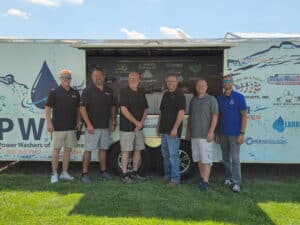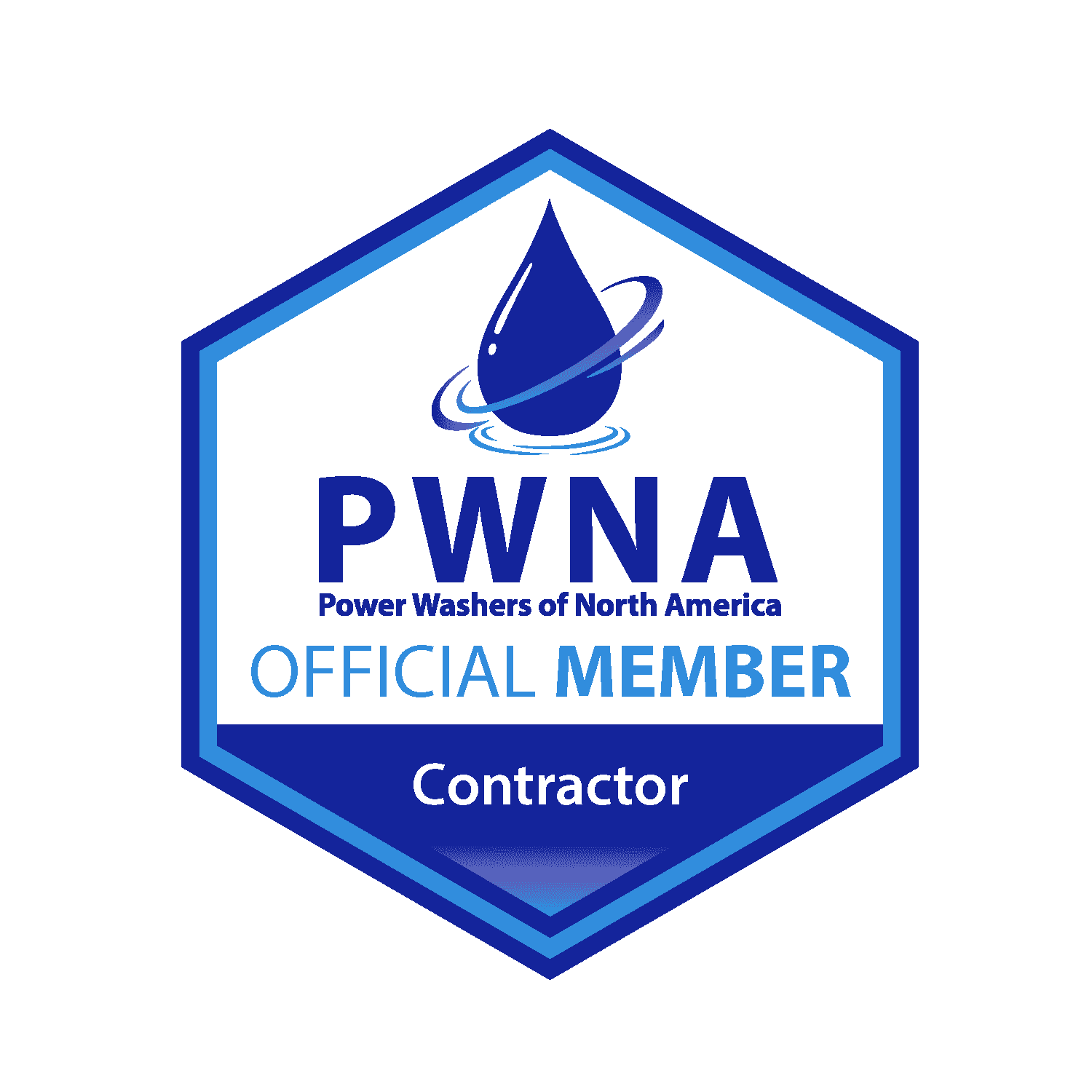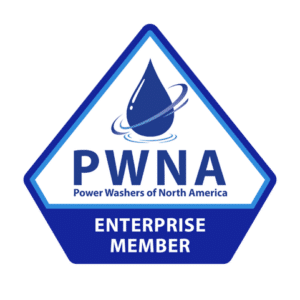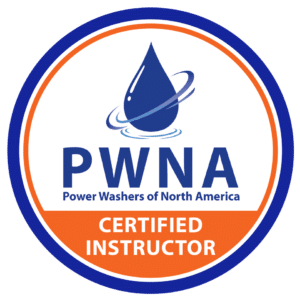Here are some best practices if you’re planning to pressure wash in Peachtree City, GA.
Top Best Practices for Pressure Washing in Peachtree City
1. Choose Soft Washing over High Pressure for Delicate Surfaces
Soft washing uses low-pressure spray (around 500 PSI) and biodegradable detergents, making it safer for siding, wood, stucco, and even asphalt shingles
In Peachtree City’s humid environment that encourages mildew and algae growth, soft washing isn’t just safer—it’s more effective and longer-lasting.
2. Match Pressure to Material
Different materials tolerate different PSI levels:
Brick/stone: up to 800 PSI
Stucco/aluminum: 1,200–1,500 PSI
Vinyl siding: up to 2,000 PSI .
Always start with low pressure; increase only as needed based on effectiveness and tolerance.
3. Avoid Harmful Areas
Never pressure wash roofs (especially asphalt shingles)—it can void warranties and cause damage. Soft wash instead .
Avoid delicate or vulnerable areas like windows, gutters, painted surfaces, electrical fixtures, and old brick/mortar .
4. Minimize Environmental Impact
Peachtree City doesn’t have explicit local guidance online, but neighboring Brookhaven’s rules prohibit washing runoff into storm drains—and GA law mirrors that .
Use dry cleaning methods (like sweeping) first, and set up barriers or direct washwater to pervious ground .
Opt for eco-friendly detergents, prevent runoff, and collect contaminated water where needed
5. Prioritize Safety
Always wear protective gear—safety goggles, gloves, and non-slip shoes are essential Tom’s Guide.
Avoid applying full power instantly to avoid injury or damage—gradually ramp up pressure .
Use appropriate nozzles, often a wide fan tip, to avoid overly concentrated, damaging pressure .
6. Frequency Matters—Humid GA Climate Demands Regular Cleaning
In Georgia’s warm, humid conditions, yearly washing is the minimum—every 6–9 months.
Keep an eye out for signs like mildew streaks, slippery surfaces, or fading siding. Know when it’s time for a refresh.
7. Don’t Overlook Preparation and Technique
Clean up spills (oil, antifreeze) when they happen. —keep them from setting in.
Test a small, inconspicuous area first to see how it responds to washing .






